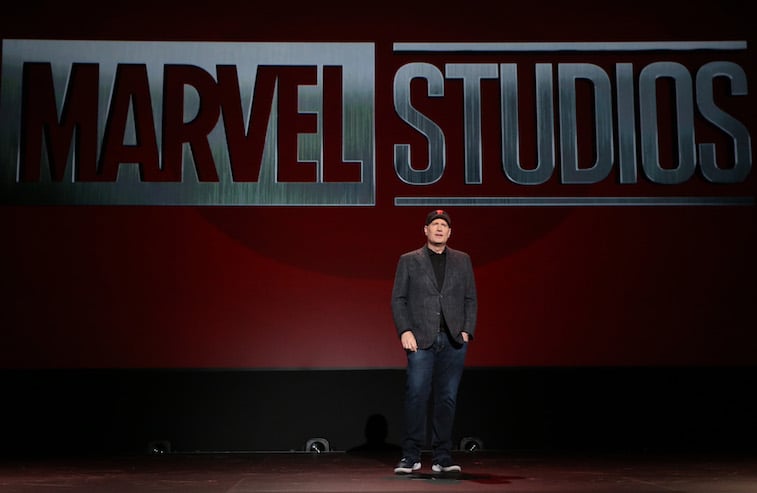MCU Fans Say It’s Impossible to Treat ‘Infinity War’ and ‘Endgame’ As 1 Movie — Here’s Why
A consensus has built in the last year that Avengers: Infinity War and Avengers: Endgame were essentially all one movie divided into two parts. Many fans still think this because it had the overarching story of Thanos’s snap and the eventual reversal of it.
Plus, the fact it dealt with death and resurrection, it felt almost like a superhero edition of a biblical epic.
Fans are starting to look at those two films differently lately. A few viewers say the movies had a year separation for a good reason. In a number of fan minds, the stories really were different.
Not that arguments have abated about which one is the better feature, or if they should be connected as one cohesive story. When looking at the narrative structure of both, the differences become more apparent.
Some fans think ‘Infinity War’ and ‘Endgame’ represent the ultimate Avengers finale

An initial thread about this began on Reddit recently where someone tried to connect the two films as an overarching finale to the familiar Avengers everyone knew. The thread starter’s point was each movie are two chunks of one, made as an epic finale for characters maybe never to return or for a long while.
As any posited Reddit theory usually experiences, a lot of people came in to rebut the notion these films are essentially cohesive. Others think they should be considered two parts of a whole, despite both having different tones.
One good argument is the narrative structures for each differentiate them to avoid calling it a six-hour movie. When looked at from two perspectives, each film is like two alternative points of view within the same universe.
To start with this argument, looking at Infinity War first is a good idea. Those who rewatch it will see things from Thanos’s POV, giving a near-omniscient view of the MCU reality.
In the first draft, ‘Infinity War’ was going to be Parts 1 and 2
All Marvel fans know the initial draft for Infinity War was going to be in two parts, akin to the final Harry Potter movie. When Kevin Feige realized the structures would be different, there was a careful decision to divide them up a year apart on the big screen.
Considering there were two other standalone MCU movies in-between provided even more distance. Fans keep noting how Infinity War focused on Thanos specifically and him setting up the events leading to the snap. Seeing things from his perspective also provided the complexity of his nefarious actions, something still being debated on social media two years later.
By the time Endgame arrived, it told the story from the Avengers’ side. This gave all the characters their chances to shine in some of their final, heroic moments. Providing these two angles does make them more separated in many ways, outside of some saying how perfect they are to watch back-to-back.
How future fans feel about these films being one or two separate stories will be interesting to see in another ten years. Not much precedent is available to go on from the days of classic films, other than maybe one from the early 1970s.
The first film use of a Part 1 and 2
The Godfather films more or less broke the mold on dividing a film saga into two parts. Nobody had really tried that in American film prior, setting a new high bar for making a big-screen epic work like a TV miniseries.
The Godfather and The Godfather Part 2 were released two years apart, and they were done with different narrative approaches as well. In the second film, past events of Vito Corleone (a young Robert De Niro) were intertwined with the events of the present-day events of Michael Corleone (Al Pacino) and family.
Those films are basically the same template to Infinity War and Endgame based strictly on different narrative structures and points of view. To create a true superhero epic for the big screen, it may require two narrative approaches to gain a fuller picture of everything going on.
Marvel could try this again toward the end of Phase Four, especially with The Eternals offering a wider swath of history in the MCU.


